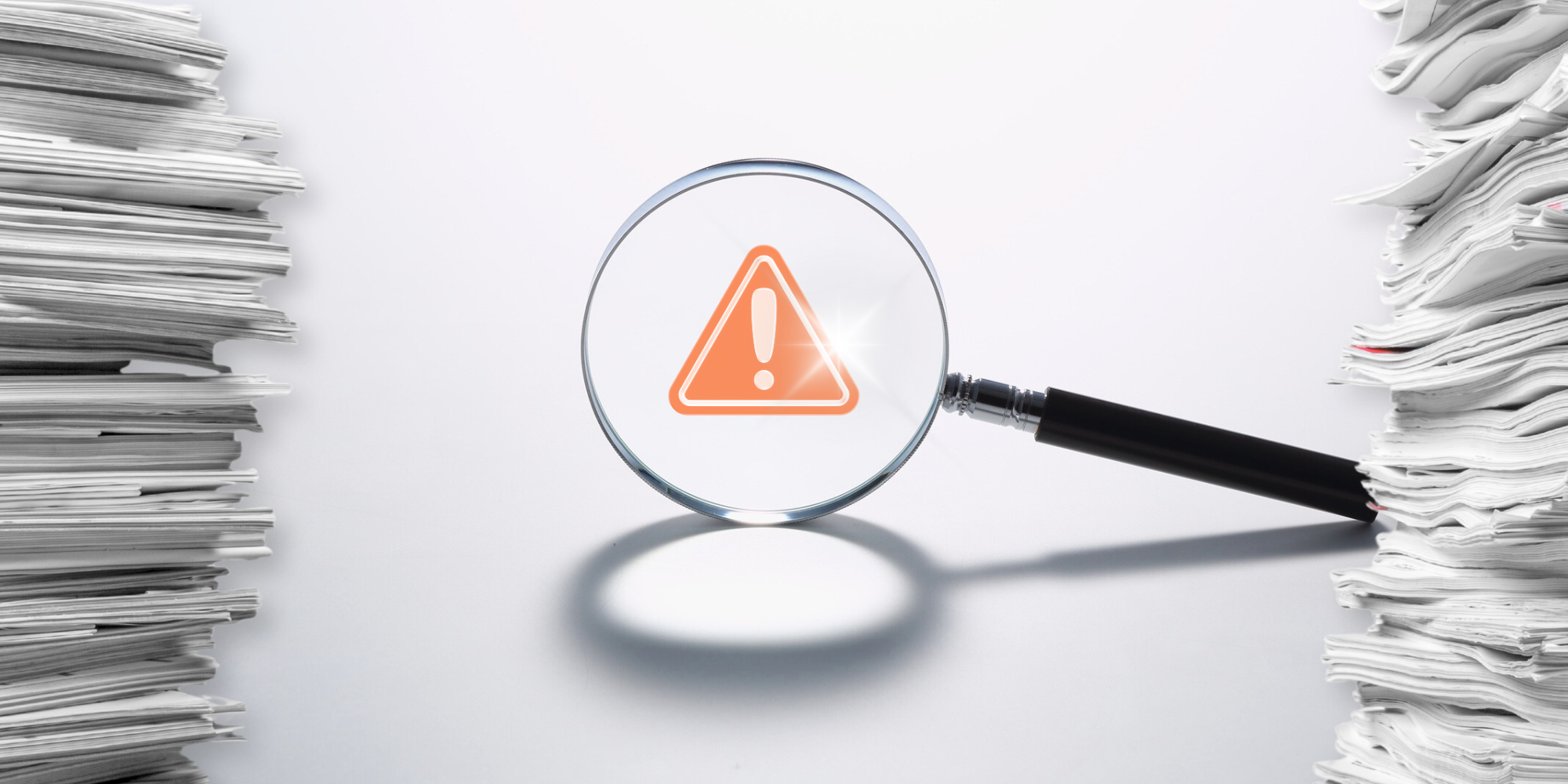No company willingly invites accounting fraud, yet many organizations inadvertently create an environment for it to occur—just by the way they manage (or mismanage) their financial operations. While leaders may not intentionally encourage bad behavior, weak accounting practices can quietly create a perfect storm for fraud to thrive.
Beneath the Numbers: Where Fraud Hides
Fraud doesn’t always announce itself with dramatic headlines. Often, it simmers under the surface—masked by chaos, overlooked reconciliations and fragmented accountability. Many of the telltale signs are surprisingly common:
- Missing or inaccurate balance sheet reconciliations
- Unaccounted cash or assets
- Weak or non-existent inventory tracking
- Out-of-sync intercompany accounts
- Miscoded income statement entries that go unreviewed
![]()
When these symptoms appear, it’s rarely just a sign of disorganization
It’s a warning that something bigger may be amiss. After all, if you don’t reconcile your accounts, you don’t really know what’s coming in or going out. And that’s exactly how fraud takes hold.
Take the example of a large regional company that hadn’t reconciled its primary bank account in over a year, despite thousands of monthly transactions. The result? A daunting backlog of reconciliations to restore financial accuracy, an audit nightmare, and a potential breeding ground for fraud.
How Companies Invite Fraud
So why do companies let these issues slide? It’s usually not intentional negligence—it’s a combination of resource constraints, misplaced priorities and leadership blind spots. Especially in midsize firms, it’s common for teams to be stretched thin. One person might handle reconciliations, reporting and cleanup—leaving little time for oversight or cross-checks. Additionally, companies may prioritize income statements over balance sheets, focusing on profit and loss, without ensuring the integrity of underlying data.
How familiarity can become a blind spot
Some companies unwittingly enable fraud by making trust a substitute for oversight. One of the most dangerous assumptions companies can make is that trusted, long-tenured employees won’t commit fraud—but these employees often exploit that trust for just that reason. I helped one client uncover fraud committed by a long-trusted bookkeeper who used the company credit card for personal expenses, eventually draining the owner’s retirement account to cover a total of $700,000 in charges. No one had been looking at the statements. No one had asked questions, so the fraud grew.
What Companies Can Do
![]()
Create a “Perception of Detection”
One of the simplest and most effective deterrents is what’s sometimes referred to as a “perception of detection.” Business leaders don’t have to micromanage every transaction, but they should create the impression that someone is watching. Reviewing statements, asking about large purchases, and checking in on reconciliations can all serve as subtle yet powerful fraud deterrents. And that’s often enough to stop bad behavior before it starts.
![]()
Don’t Wait for the Audit
Auditors may catch discrepancies, but by the time they do, the damage is done. If your internal controls aren’t functioning, or worse, aren’t in place at all, you’re not just risking compliance, you’re risking solvency and reputation. And keep in mind that auditors review reconciliations, but don’t perform them.
Take the First Step
If your accounting operations show signs of disarray, it’s time to take a closer look. The first step isn’t an audit—it’s a diagnostic. Identify gaps, shore up your controls, and make sure the right people are doing the right work. You may need to revisit your reconciliation practices or rethink your resource allocation; just don’t underestimate how quickly accounting chaos can become a compliance crisis.
Reach out if you’d like to discuss a review of your accounting practices to make sure they’re designed to thwart fraud, not invite it.

About the Author
With more than 25 years of combined experience in public accounting and industry roles, Lynn brings a versatile and well-rounded background in consulting and controllership across both public and private sectors. Her expertise spans a wide array of industries, including oilfield services, manufacturing, construction, hospitality, healthcare, professional services and nonprofit organizations. Lynn is widely regarded as a results-driven leader with a strong focus on optimizing processes and strengthening internal controls to enhance operational efficiency, meet critical deadlines and drive profitability.




